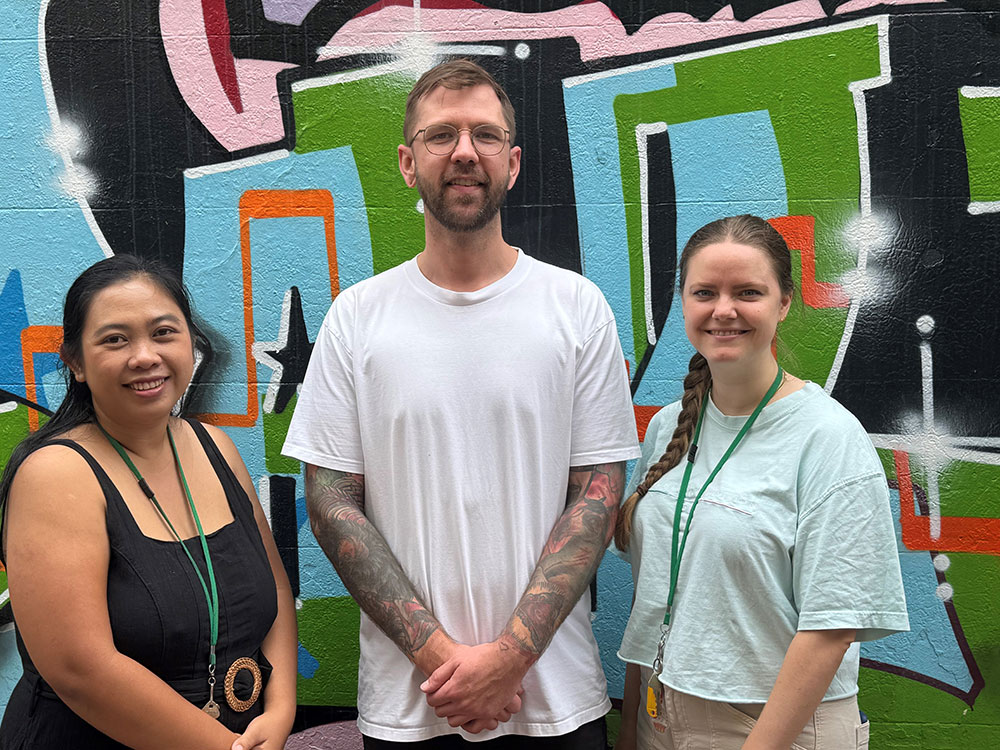AMA President, Dr Tony Bartone, said today that Christmas and the holiday season is a time of joy, family reunion, and celebration, but for many it is a time of loneliness, despair, and isolation.
Dr Bartone said the AMA is urging people to make the most of the enjoyment and companionship that characterises this time of year, but to also keep an eye out for people who are lonely or just plain doing it tough – and to help them however possible.
“The former US Surgeon General, Dr Vivek Murthy, called loneliness a health epidemic, and he was right,” Dr Bartone said.
“The UK Government responded to the loneliness epidemic by appointing a Minister for Loneliness.
“Three out of four GPs in the UK report that they see between one and five people a day who have come in because they experience loneliness.
“I have experienced this in my own practice. I have even seen patients who would come to see a doctor only on Christmas Day simply because they are lonely.”
A 2016 Australian survey conducted by Lifeline found that more than 80 per cent of Australians believe society is becoming a lonelier place.
Swinburne University research shows that loneliness is a risk factor for all causes of early death, and that feelings of loneliness can increase the likelihood of earlier death by 26 per cent – which they say is greater than the risk for obesity.
Loneliness is experienced more often by older people, those who have lost or are separated from their partner or relative, people with a disability and their carers, those who are new to a local area, including migrants and refugees, and people who struggle to make social connections.
Dr Bartone said that Australian governments should learn from the international experience and look at new ways to address the growing incidence of loneliness and homelessness in Australia.
“In May this year, the Commonwealth Government committed $46.1 million to the national Community Visitors Scheme, which will work with local organisations to help combat loneliness and social isolation.
“This was a very welcome funding decision, but we must build on it.”
The AMA offers the following advice for people who may be experiencing loneliness or isolation:
- make sure you exercise every day, especially walking;
- have a pet (if you can) – they are wonderful companions and improve your mental and physical health;
- become a volunteer and offer your help and services to others; and
- go to a charity Christmas lunch.
For people who want to help others who may be experiencing loneliness, the AMA suggests:
- if you know someone who hasn’t got family and friends to share Christmas with, suggest they connect with a charity that offers social engagement;
- Christmas isn’t just about gifts and consumerism; it is about friendship and companionship. Try to share your time with others; check in on others who can’t get out;
- street ‘get-togethers’ and even apartment ‘get togethers’ are a good way to foster social connections;
- not everyone celebrates Christmas, so be mindful of people with different religious and cultural affiliations; and
- use technology to connect with family and friends. A simple text message, call, or email may make a huge difference. However, it only takes a moment to call a loved one/family member/friend and share a festive greeting and social update.
Background:
The UK Conservative Government appointed Tracey Crouch as the first ever Minister for Loneliness following a report from the Jo Cox Commission on Loneliness. The Commission found that more than 9 million people in Britain (about 14 per cent of the population) often or always feel lonely.
The Jo Cox Commission on Loneliness has called for:
- ³Ô¹ÏÍøÕ¾ leadership.
- A UK-wide Strategy for Loneliness across all ages.
- A Family and Relationships Test for new policy.
- A national indicator on loneliness across all ages.
- Measures of loneliness included in major national studies.
- Annual reporting on loneliness.
- A program to develop the evidence around ‘what works’ in tackling loneliness.
- Easy-to-understand messages to help individuals connect with others and avoid loneliness.








